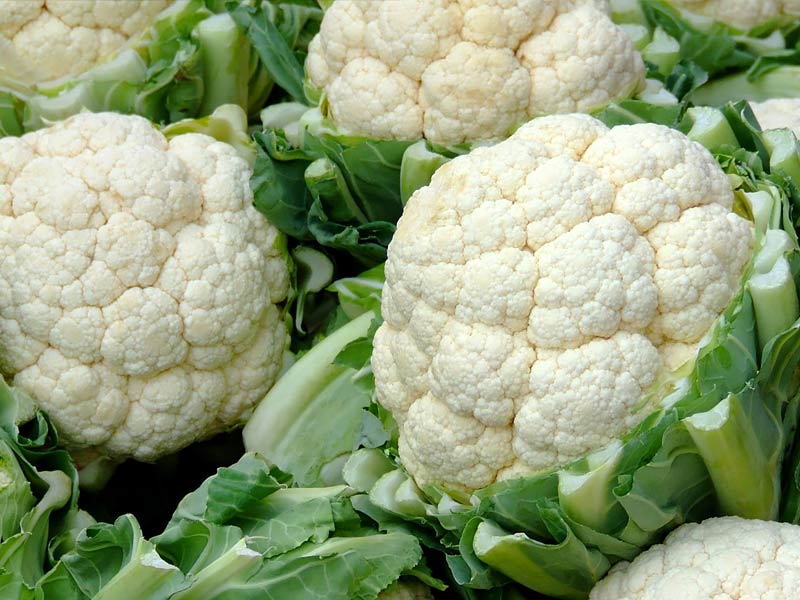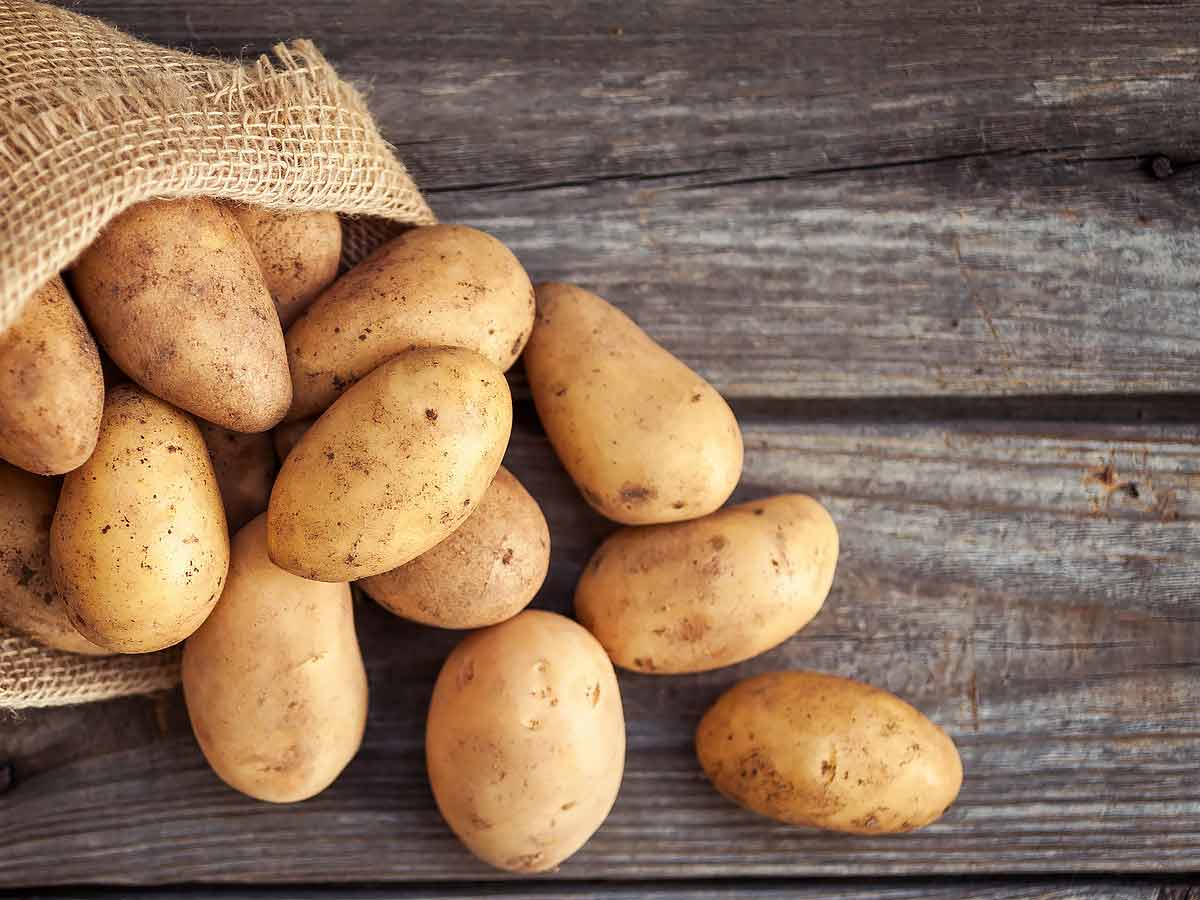Potatoes are a common staple in many Indian households. They also are versatile food items with many culinary applications, ranging from pagodas to cutlets and parathas.
They can be roasted, boiled, or fried, making them a staple of our meals. However, while following a rigorous diet, many people prefer to limit or eliminate their consumption of potatoes.
Is it wise to eliminate them entirely from our diet in such a case? What changes might occur in the body if we abstain from potatoes for a month? We enlisted the help of specialists to discover answers to all of these queries.
Potential advantages of avoiding potatoes
Potatoes, according to Prachi Jain, chief clinical nutritionist and HOD (Nutrition & Dietetics), CK Birla Hospital, Gurugram, are energy-dense, meaning they supply a lot of calories and are typically fried with a lot of oil. So, avoiding potatoes prevents the addition of extra calories to one’s diet, thereby limiting weight gain.
Shivani Arora, a consultant dietician, agreed that eliminating them from your diet for a month can have several beneficial consequences on the body. Depending on how you change your diet, you can see changes in your weight. If you replace potatoes with low-calorie foods or vice versa, you might lose weight.
Arora said that because potato starch can produce quick rises in blood sugar, avoiding it may help maintain blood glucose levels, particularly in diabetics. By eliminating them from your diet, you can reduce your carbohydrate consumption, which might enhance the function of your metabolism.
Similarly, Dr. Kiran Dalal, chief nutritionist at Fortis Escorts Hospital in Faridabad, stated that highly processed potato items like chips and French fries are typically high in added salt (sodium).
Excess consumption of salt has been linked to a variety of health issues, including high blood pressure & a higher likelihood of heart disease.
Disadvantages of avoiding potatoes in your diet
Potassium, vitamin B6, and vitamin C are all present in potatoes. Arora warned that excluding them without finding acceptable replacements could result in nutritional deficits.
They also include dietary fiber, which is essential for digestive health, so eliminating them could negatively affect bowel habits and disrupt digestion, the expert continued.
In a similar vein, Jain noted that because they are widely accessible, inexpensive, and a staple of every person’s diet, regardless of age or socioeconomic level, their omission can restrict the diversity and originality of meals.
Also, Read Mark Zuckerberg: India is leading the world to use messaging
“Safe starch is a type of fiber found in some potatoes that acts as a prebiotic, which encourages the growth of good bacteria in the gut,” continued Dr. Dalal. Therefore, cutting out safe starch from your diet could impact the variety of bacteria in your gut.
Therefore, having them in moderation could be advantageous rather than avoiding them, according to Vilasini Bhaskaran, qualified specialist diabetic, weight management, and bariatrics dietitian, NHS UK, and dietetic lead, Practo.

“When it comes to weight control, more so than the potatoes themselves, are the portion sizes and cooking techniques. Boiling potatoes instead of frying them, for instance, has fewer calories.
Alternatives to potatoes
Depending on the food they are creating and their dietary preferences, people can swap with a variety of ingredients if they want to exclude potatoes from their diet. Dr. Dalal lists a few common potato alternatives as follows:
*Sweet potatoes: Because they have a similar texture to ordinary potatoes and may be served in a variety of ways, these are a common substitution in recipes.
*Cauliflower: In meals like mashed cauliflower or cauliflower hash browns, cauliflower can be mashed or roasted to approximate the texture and flavor.

*Turnips: As a lower-carb substitute, these root vegetables can be utilized in stews, soups, or roasted recipes.
*Plantains: Ripe plantains have a starchy texture that works well in meals like plantain chips. They can be fried or baked.
*Zucchini: As a lower-carb substitute for recipes that call for potatoes, zucchini can be sliced or grated.
However, due to their potential adverse effects, some people should use caution when consuming.
Dr. Dalal advised against eating them if you have diabetes, are on a low-carb diet, have a nightshade allergy, have digestive difficulties, have kidney problems, or are attempting to lose weight.
She concluded by stating that when taken in moderation and prepared healthily, potatoes can be a component of a balanced diet for many people.
It is advised to speak with a healthcare professional or registered dietitian for advice unique to your requirements if you have specific dietary problems or medical conditions.

























